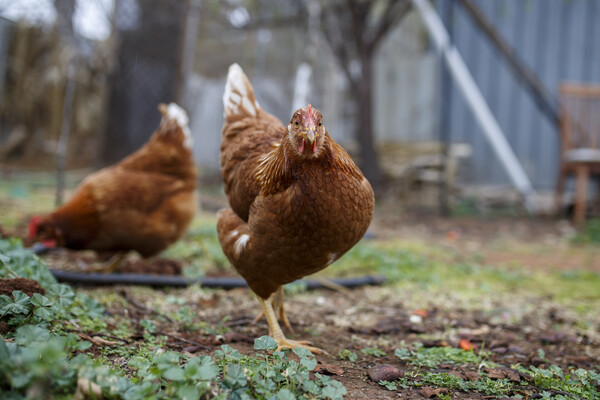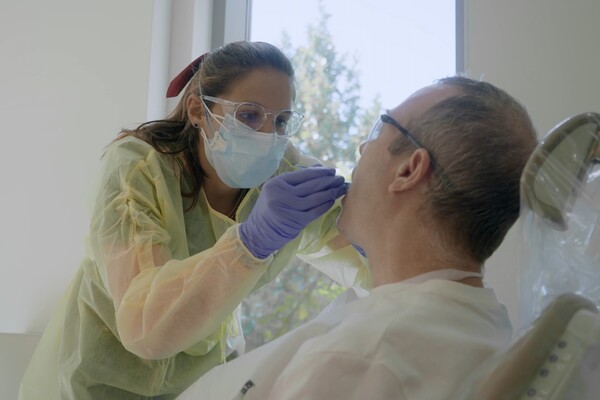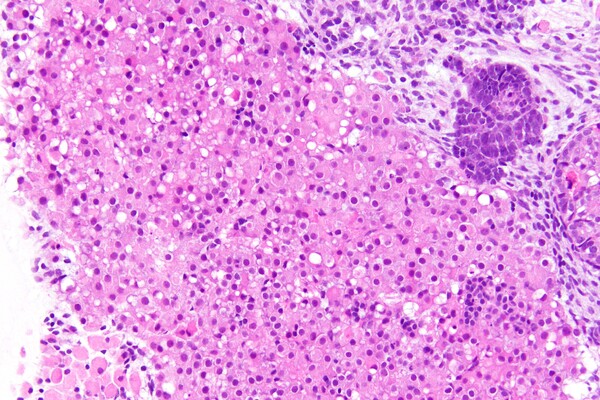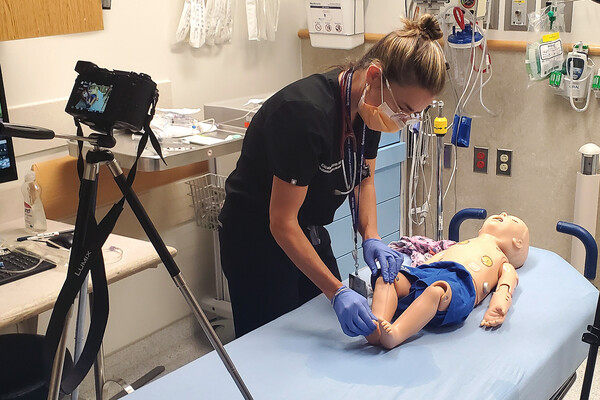5/18
Health Sciences
An evolving animal health emergency
More than 52 million birds in the U.S. have been affected by an outbreak of avian influenza. Researchers at the School of Veterinary Medicine are supporting Pennsylvania’s diagnostic work and launching new investigations to better understand the virus.
CAR T cell therapy reaches beyond cancer
Penn Medicine researchers laud the early results for CAR T therapy in lupus patients, which point to broader horizons for the use of personalized cellular therapies.
Clinical research nurses make research happen
Penn Medicine’s 1,200 clinical research professionals work together to advance the science of clinical care, provide access to innovative therapy, and improve clinical outcomes.
Marci Hamilton works to prevent child sex abuse globally
A new initiative from Hamilton’s CHILD USA and a survivor-led nonprofit called the Brave Movement will research statutes of limitations for every country in the world and track their findings in a global dashboard.
A growing focus on equitable oral care for people with disabilities
Through global outreach, enhanced student training, continuing education for practitioners, and the busy Care Center for Persons with Disabilities, the School of Dental Medicine is working to break down barriers to care.
Home health care—a crucial edge for the future of medicine
Home care has long been a part of health care, but it was the COVID-19 pandemic that led Penn Medicine to rethink who needed to be in the hospital.
Recreating the adrenal gland in a petri dish
A School of Veterinary Medicine–led team coaxed stem cells to take on the characteristics and functions of a human adrenal gland, progress that could lead to new therapies for adrenal insufficiencies and a deeper understanding of the genetics of such disorders.
Teen drivers often unsafe on the road with speeding and handheld cellphone use
Motor vehicle crashes are a leading cause of death in adolescents, and risky driving behaviors like cellphone use can contribute to crashes. New research finds many teens struggle to abide by the rules of the road.
Penn Global turns 10
The hub for all things global on campus looks back at its impact over the decade and ahead to what the next 10 years of research, policy, and engagement with the world will bring.
Hands-on medical simulation, simplified
Elizabeth Sanseau of CHOP and Annenberg’s Kyle Cassidy discuss Annenberg Hotkeys, a medical simulator developed during the pandemic to remotely prepare health care providers for emergency situations.
In the News
What’s going on with tranq?
Jeanmarie Perron of the Perelman School of Medicine says that the appearance and progression of skin ulcers and tissue loss on xylazine users is different than with other intravenous drugs.
FULL STORY →
It’s time to end the Medicare-Medicaid merry-go-round
In an opinion essay, Rachel M. Werner of the Leonard Davis Institute, Wharton School, and Perelman School of Medicine says that Medicare and Medicaid fail to integrate coverage and coordinate care across their two plans.
FULL STORY →
Inside Penn’s transfer center
Penn Medicine’s transfer command center gets patients from affiliated hospitals and hospitals outside Philadelphia to specialized care that can save lives, with comments from CEO Kevin Mahoney.
FULL STORY →
The quest for treatments to keep weight off after Ozempic
Researchers at Penn are conducting a co-authored study of the brains, fat and muscle cells, and eating patterns of people trying to maintain new body sizes.
FULL STORY →
Operating rooms are major sources of greenhouse gasses. Penn is eliminating a form of anesthesia that hangs in the air for more than a decade after use
Penn Medicine is phasing out the anesthesia desflurane at four of its six hospitals to eliminate harmful greenhouse gases, with remarks from Greg Evans.
FULL STORY →















